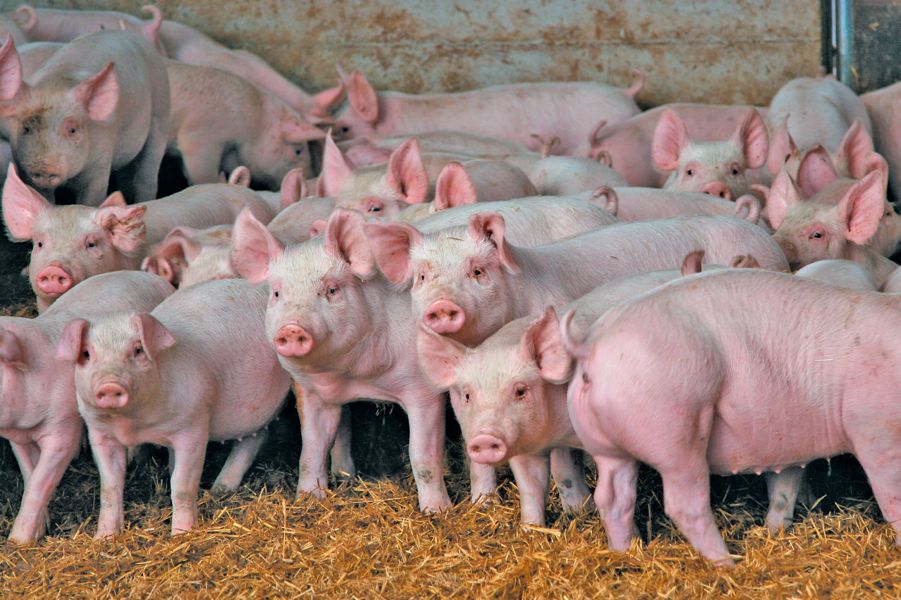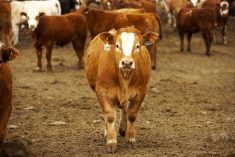Chicago | Reuters – Chicago Mercantile Exchange lean hog futures were mostly higher on Wednesday, rebounding from an early two-week low on support from calendar spreading and short-covering, traders and analysts said.
But excessive hog supplies and increased pork production made the market vulnerable to further declines, with weaker prices for wholesale pork signaling a downturn in demand.
Wednesday was the first day for the five-session calendar roll for investment funds tracking the Standard & Poor’s Goldman Sachs Commodity Index. Front-month positions in hogs, live cattle and feeder cattle futures notched smaller declines as investors sought to exit positions and move into deferred months.
Read Also

Alberta crop conditions improve: report
Varied precipitation and warm temperatures were generally beneficial for crop development across Alberta during the week ended July 8, according to the latest provincial crop report released July 11.
CME December lean hogs, which plummeted more than 5 percent on Tuesday, recovered 2.5 percent to settle up 1.425 cents at 55.525 cents per pound. February hogs edged 0.175 cent lower to 61.225 cents.
The U.S. Department of Agriculture estimated the daily hog slaughter at 479,000 hogs – the largest ever. Meanwhile, wholesale pork prices, known as the cutout, fell $1.33 to $72.75 per cwt, according to USDA.
Pork producers have expanded capacity and added shifts at meat plants in recent years. U.S. pork production is likely to be near-record high level during the next several weeks, according to Steiner Consulting Group analyst Altin Kalo.
“The (pork) cutout has been fairly well supported,” Kalo said. “Now we are going to run into record production week after week. How the market absorbs that will be the test.”
Kalo added that cattle markets were pressured in part by expectations that cash cattle prices will be flat to lower this week, easing after rising during the past two weeks.
CME December live cattle were up 0.675 cent to 116.100 cents per pound and February cattle were down 0.800 cent to 119.600 cents.
CME January feeder cattle dropped to a roughly two-month low, finishing down 0.775 cent at 145.825 cents.













